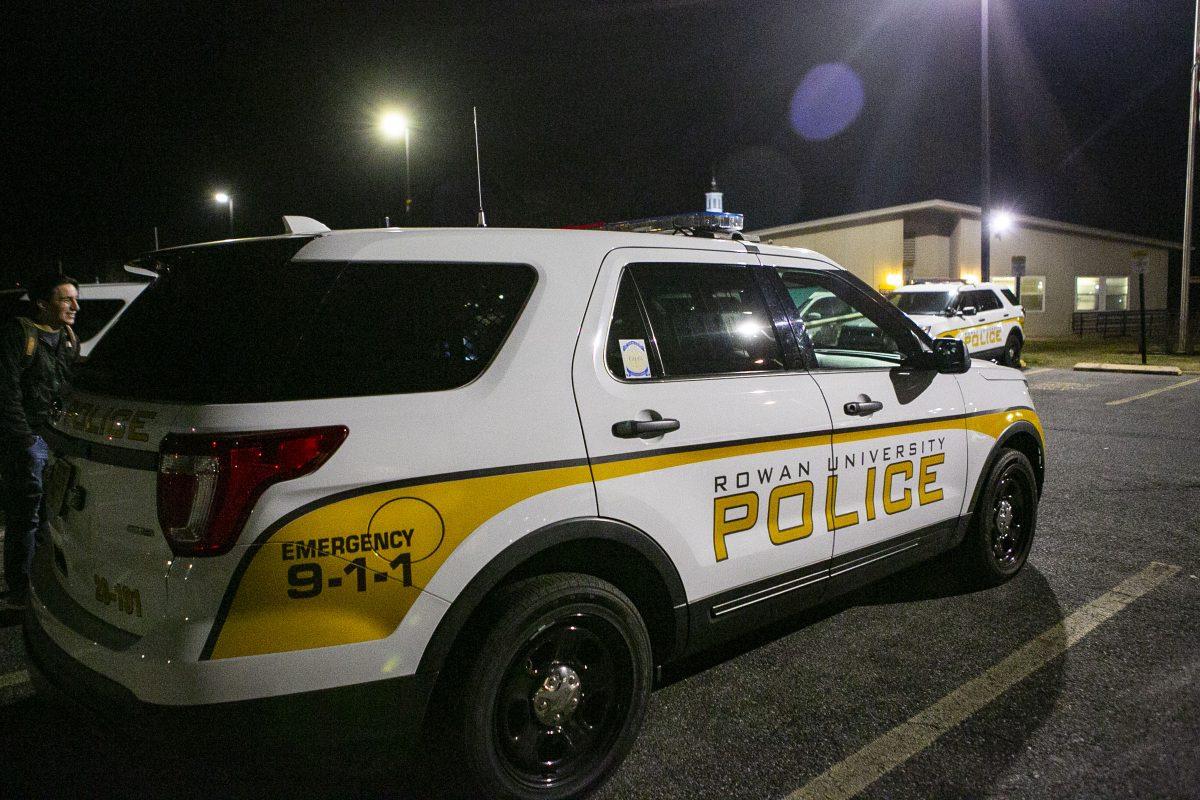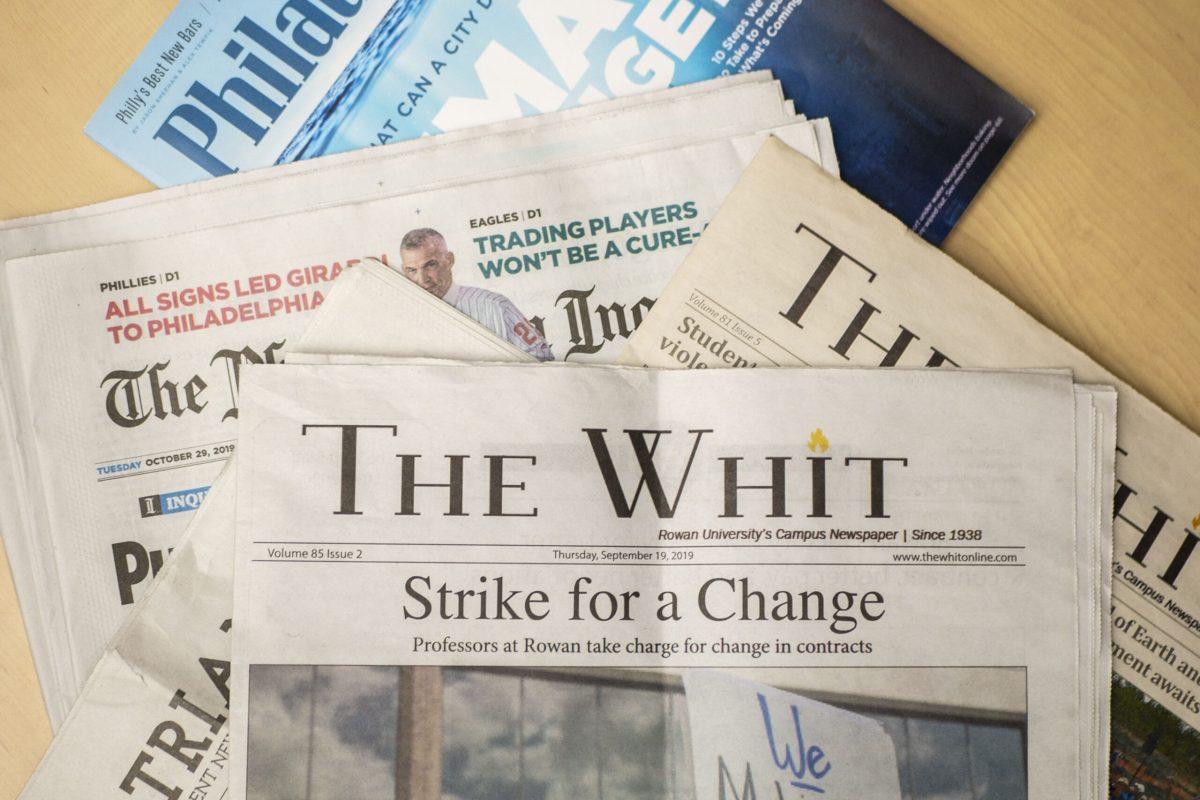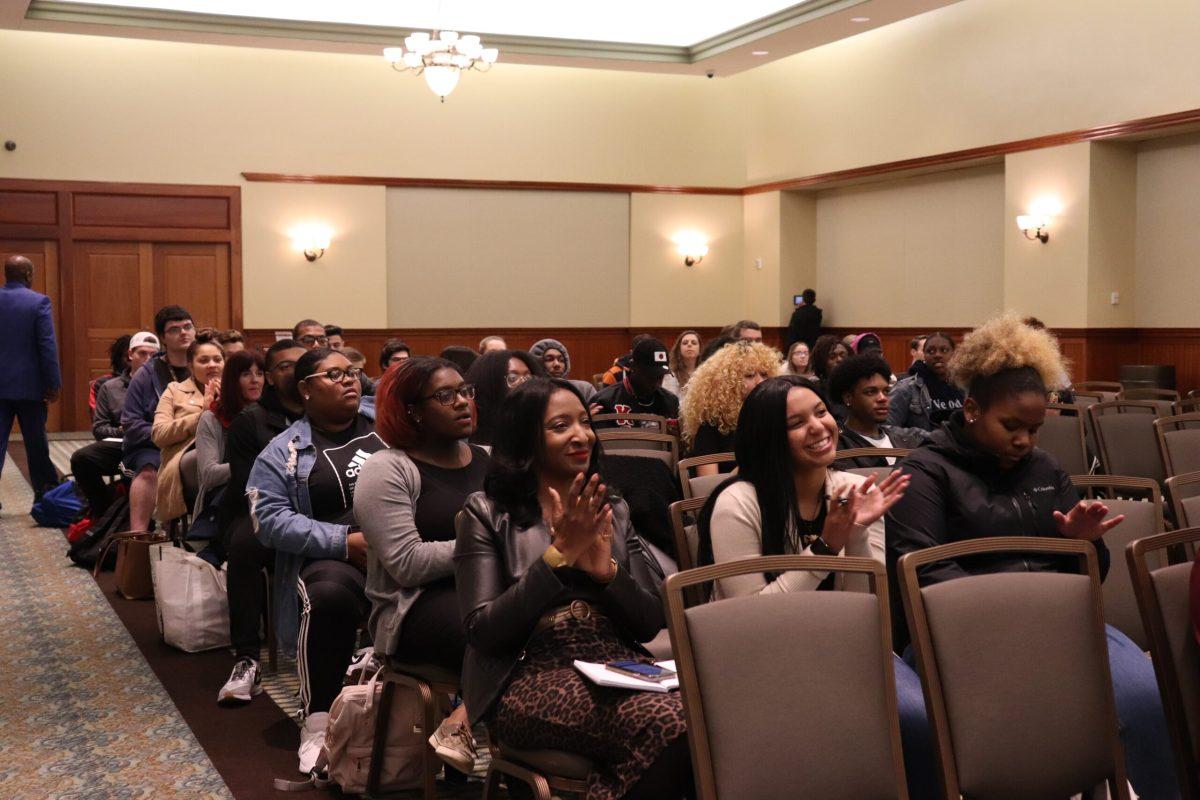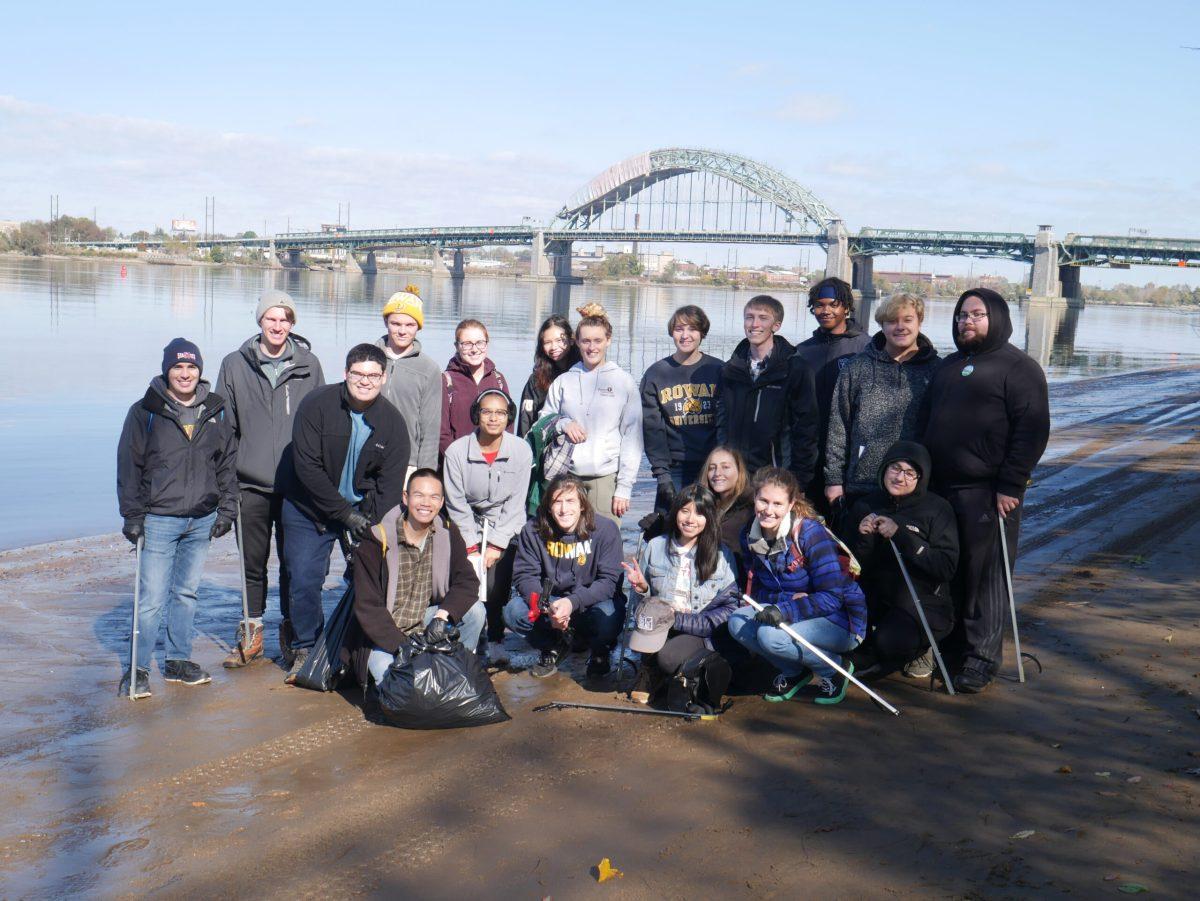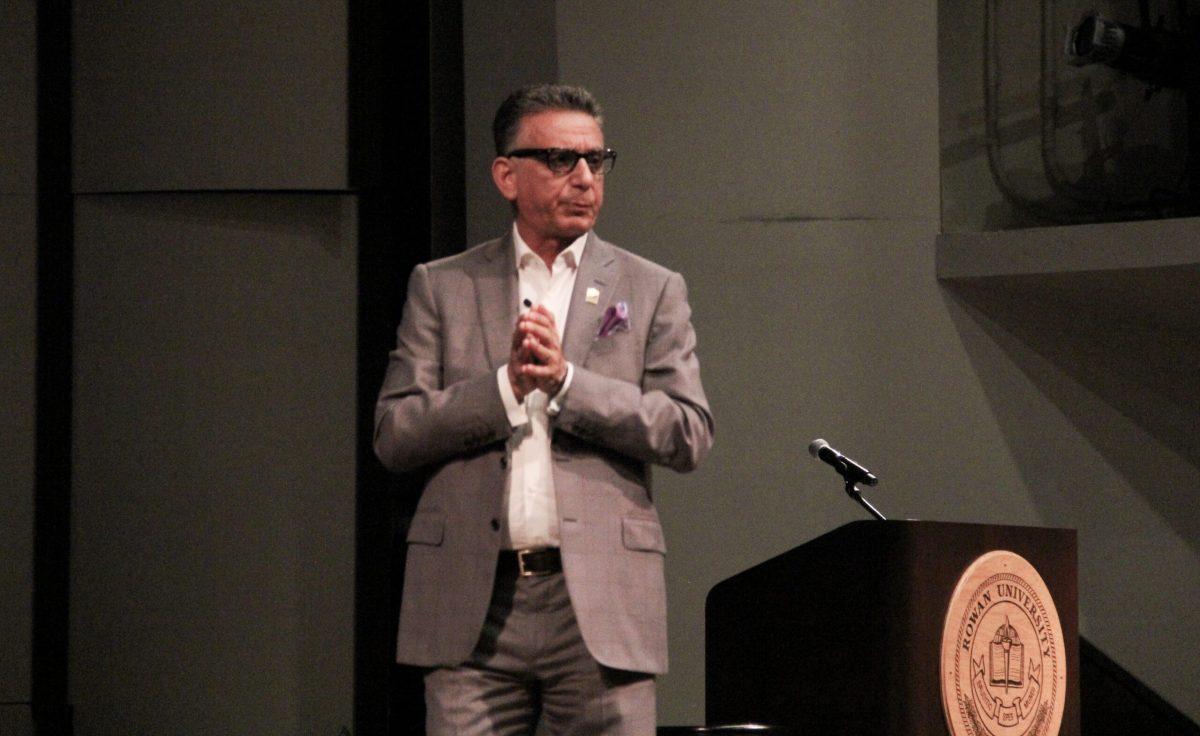Headlines, breaking news and trending topics within the past few years have centered on police brutality, corruption and calls for police reform.
Rowan’s Office of Social Justice Inclusion and Conflict Resolution (SJICR) has played an active role in fostering places and events to educate and discuss such issues.
This week, Rowan’s Office of Social Justice Inclusion and Conflict Resolution (SJICR) held an open forum with public safety officials and special guest Michael E. Wood Jr. He is a well-known police reform activist and retired Baltimore police officer.
After watching the death of Tamir Rice by a Chicago police officer, Wood recognized something was wrong.
“You don’t fully recover after watching something like that,” said Wood.
It wasn’t until it hit home with Freddie Gray that Wood felt compelled to acknowledge the systematic racism taking place within his very own department. He took to Twitter and in ten tweets exposed injustices going on in the Baltimore Police Department.
A shoulder injury forced the 36-year-old veteran into retirement. He now spends his days finishing up his doctorate degree and spreading his message about police reform.
One of Wood’s primary focuses in his activism is that police forces must be willing to serve the community. In order to do so, communities must be in charge of policing.
“You cannot provide service to someone you are not taking direction from,” Wood said.
He believes that diversity is not the issue at hand but rather the system.
In his speech he expelled the myth of required quotas; but acknowledged that the more arrests an officer has, the more likely that the officer is to be promoted. Wood admitted that at one point in time he had arrested over 450 black men within three months. Although he admitted to the systematic racism that transpired not only in his department, he is not considered a whistle-blower due to the fact that he has not named any police who are guilty of systematic racism.
“I don’t care if I go to a prison cell. I’m going to tell everything that’s going on, no holds barred,” said Wood.
His visit here not only opened up a dialogue about policing in this country, but about policing on Rowan’s campuses.
Students at the pre-event dinner beforehand voiced their concerns and asked questions to public safety officials such as Assistant Vice President of Public Safety Michael Kantner. Some students admit that they are hesitant to reach out to police officers due to fear after seeing what else is happening in the country. Kantner expressed that he wants all students to feel comfortable enough to reach out to public safety if ever in need, especially young black men.
In efforts to assuage students’ concerns, Kantner explained that the services provided by public safety are for the benefit of all students.
The department tries to be inclusive, which is why they have student patrols and try to have a diverse staff.
“We’re not afraid of the cops because of race, but because they are cops,” said freshman economics major, Travis Dukes.
Khalif Hampton, a senior law and justice major and the president of National Association for the Advancement of Colored People (NAACP) shared his thoughts on campus police.
“There is too much police force at Rowan’s campus,” Hampton said. “It’s not needed and it’s not necessary.”
For comments/questions about this story, email [email protected] or tweet @TheWhitOnline.
























































































































































!["Working with [Dr. Lynch] is always a learning experience for me. She is a treasure,” said Thomas. - Staff Writer / Kacie Scibilia](https://thewhitonline.com/wp-content/uploads/2025/04/choir-1-1200x694.jpg)








































